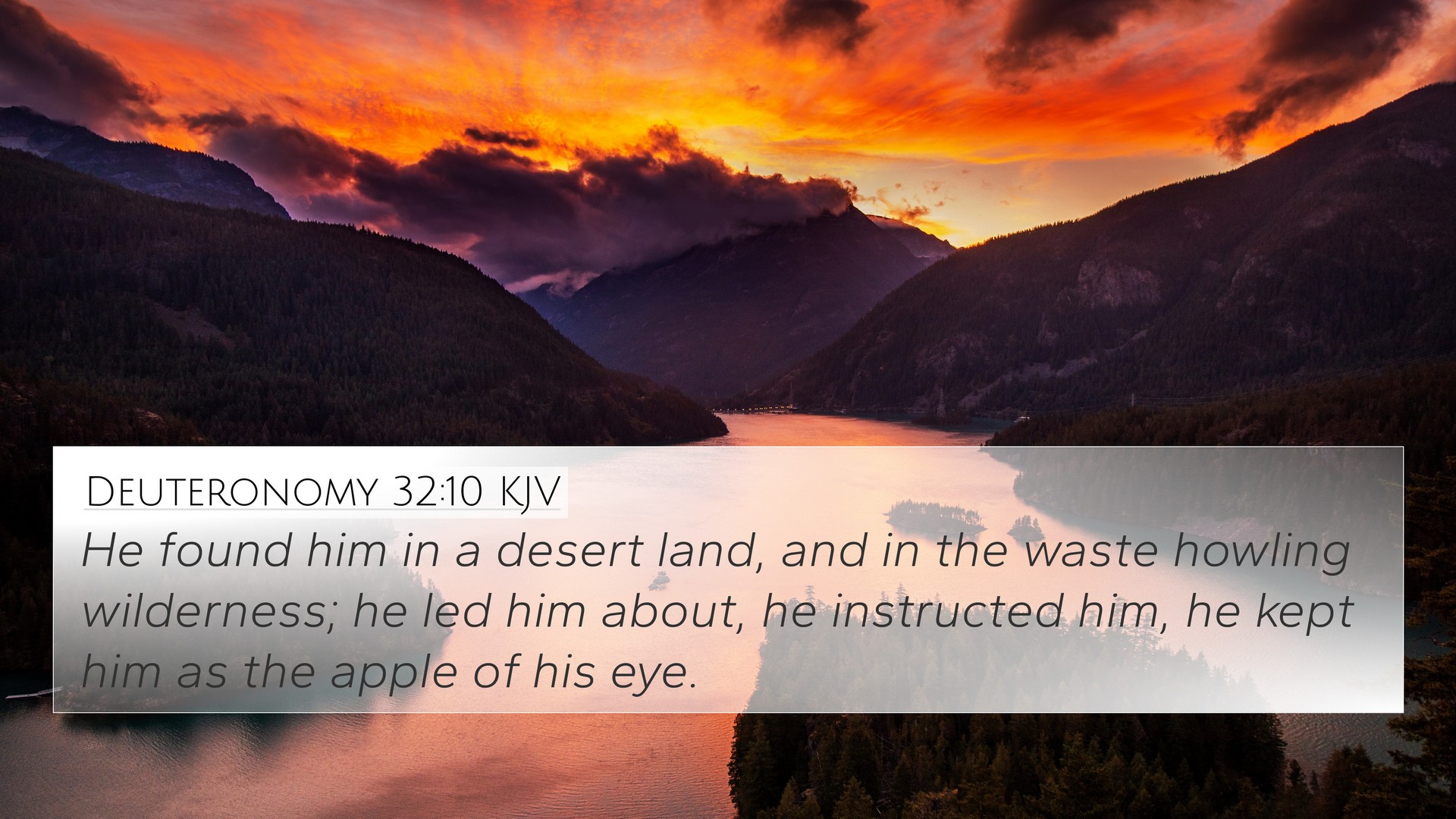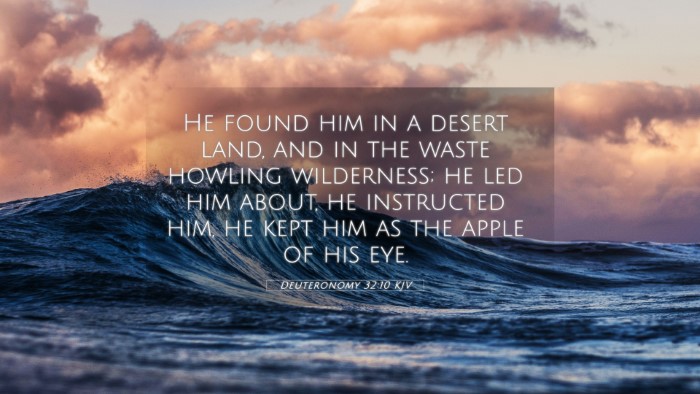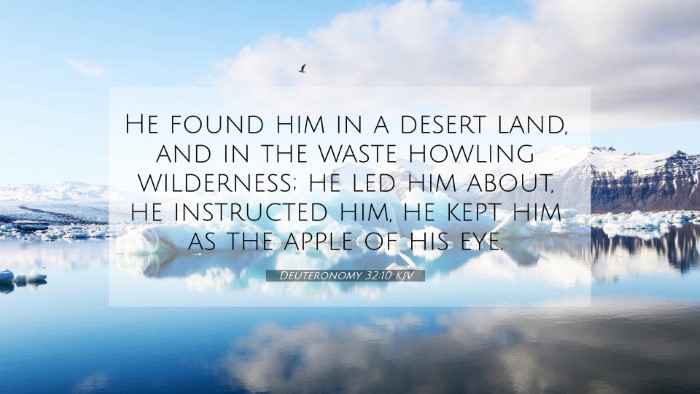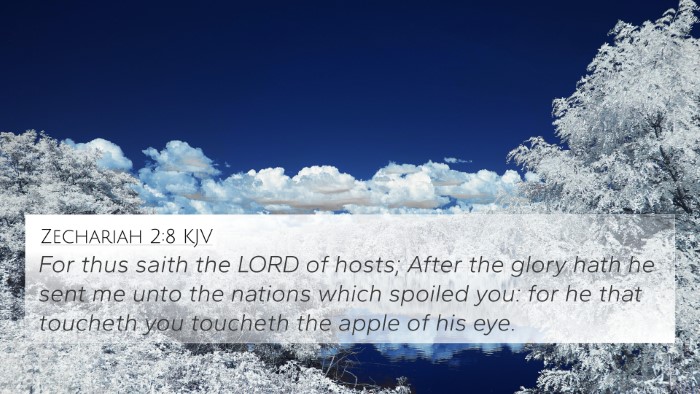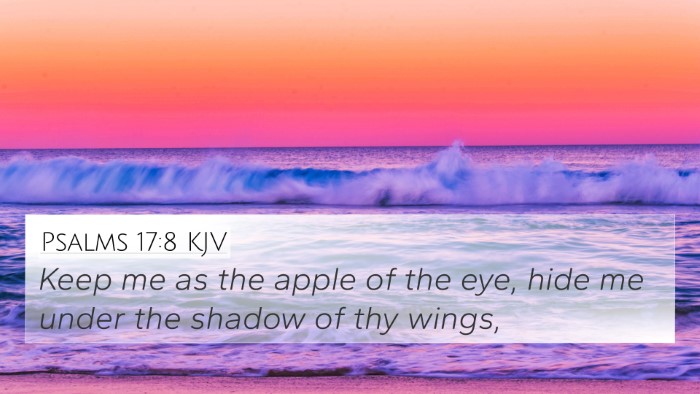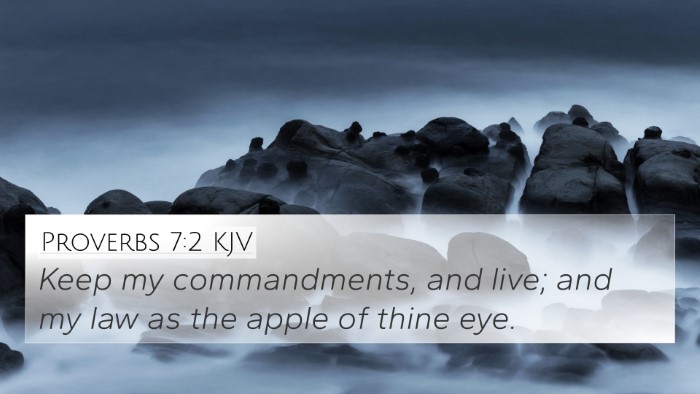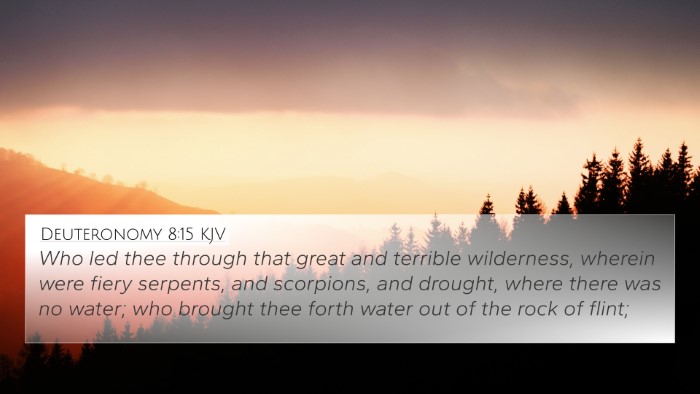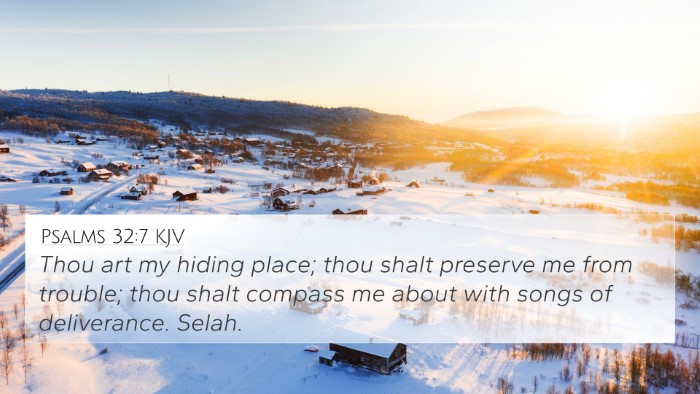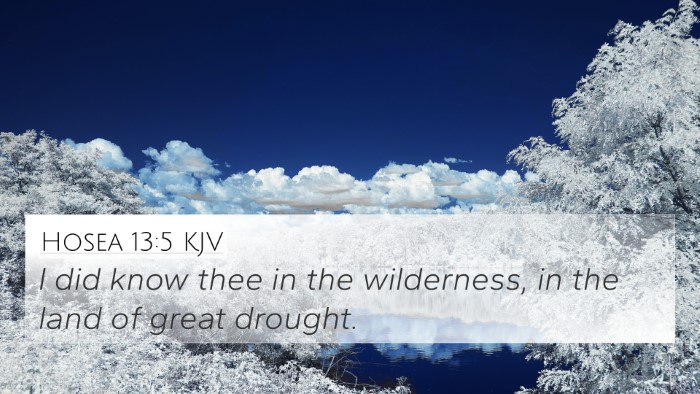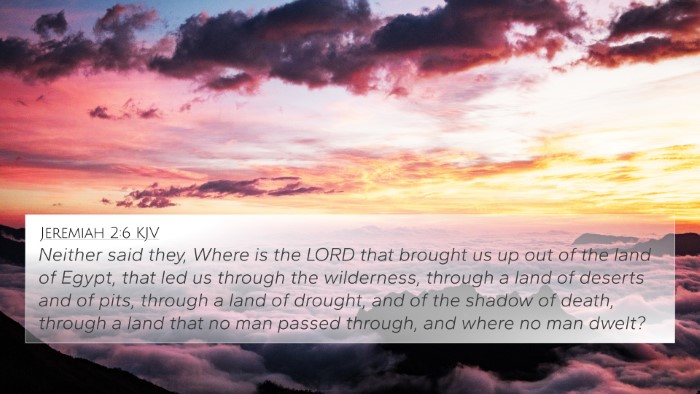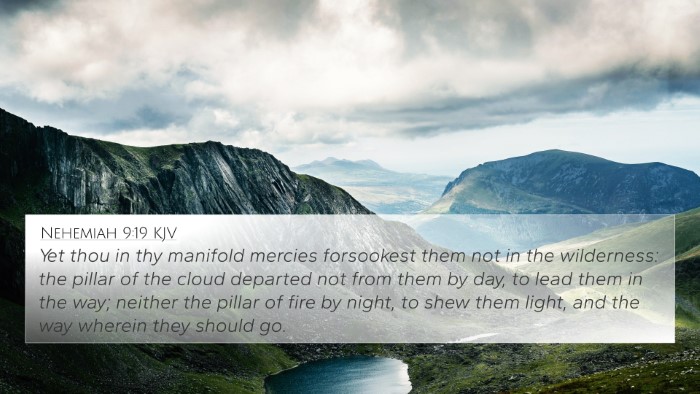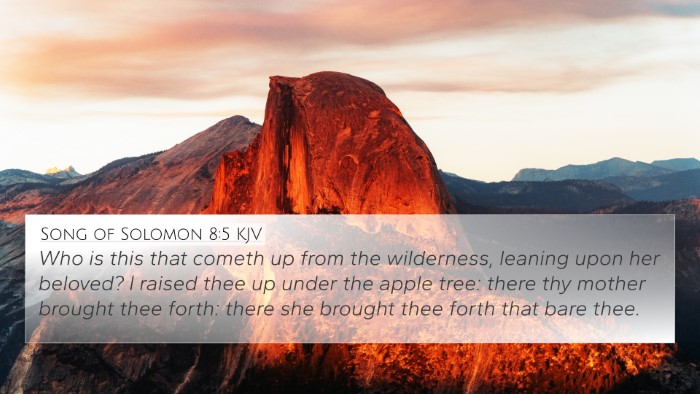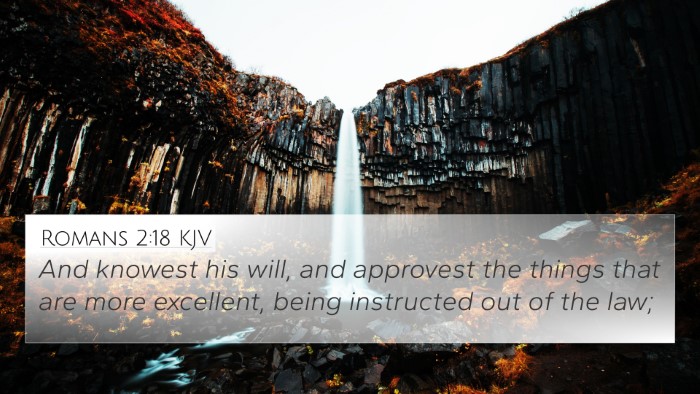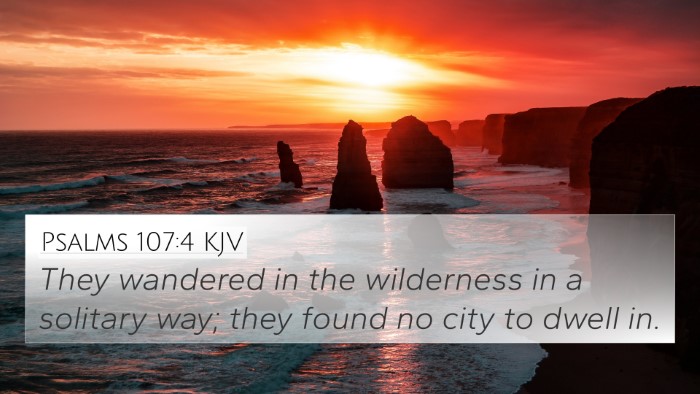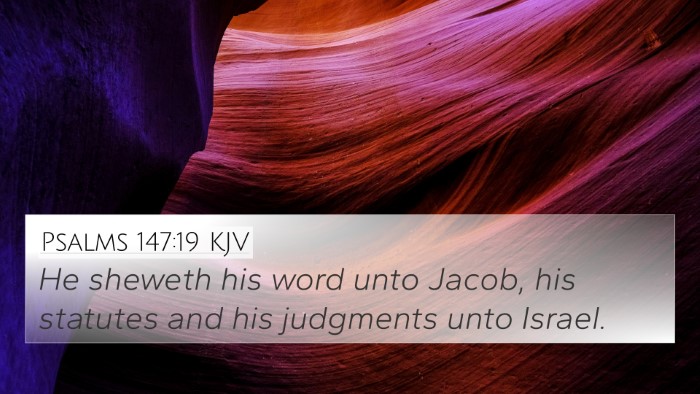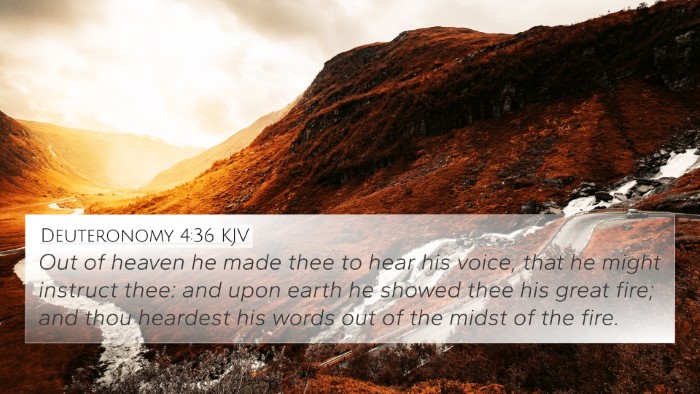Understanding Deuteronomy 32:10
The verse states: "He found him in a desert land, and in the waste howling wilderness; he led him about, he instructed him, he kept him as the apple of his eye." This verse reflects the protective and guiding nature of God towards His people.
Commentary Insights
-
Matthew Henry's Commentary:
This passage illustrates God's tender care for Israel during their formative years. Henry emphasizes the grace shown by God in seeking the people when they were lost, akin to finding precious gems in a desolate landscape. He draws parallels to how God's providence shapes the journeys of believers today.
-
Albert Barnes' Notes:
Barnes interprets this "desert land" as a metaphor for Israel's state of need and vulnerability. He highlights God's role as a shepherd, guiding and teaching His people through adversity and challenges. He underscores the reassurance that believers find in God's unwavering protection.
-
Adam Clarke's Commentary:
Clarke focuses on the imagery of being "kept as the apple of his eye," suggesting the utmost value God places on His people. He examines the security and intimate relationship between God and Israel, comparing it to a parent's care for their child. This reflects the broader biblical theme of God's covenant love.
Key Themes in Deuteronomy 32:10
- Divine Protection: God’s protective nature is affirmed, promising security amidst life's wilderness.
- Guidance and Instruction: The verse emphasizes the importance of divine leadership through life's challenges.
- The Value of God’s People: It reassures believers of their preciousness in God's sight.
Bible Verse Cross-References
This verse connects with several others that reflect similar themes:
- Psalm 17:8 - "Keep me as the apple of the eye, hide me under the shadow of thy wings."
- Isaiah 49:16 - "'See, I have engraved you on the palms of my hands; your walls are ever before me.'
- Matthew 18:12-14 - The parable of the lost sheep illustrates God's concern for each individual.
- John 10:14 - "I am the good shepherd; and know my sheep, and am known of mine."
- Romans 8:31 - "If God be for us, who can be against us?"
- 1 Peter 5:7 - "Casting all your care upon him; for he careth for you."
- Exodus 19:4 - "You have seen what I did to the Egyptians, and how I bore you on eagle's wings and brought you to myself."
Thematic Connections
The thematic connections between Deuteronomy 32:10 and the referenced scriptures demonstrate an ongoing dialogue throughout the Bible regarding God's care and guidance for His people.
Tools for Cross-Referencing
To further explore these themes and connections, consider the following:
- Bible Concordance: A helpful tool to find specific words and phrases throughout scripture.
- Bible Cross-Reference Guide: Tools that highlight interconnected verses related to specific themes.
- Cross-Reference Bible Study: Techniques that can deepen understanding of scriptural nuances.
How to Utilize Bible Cross-References
Understanding how to find cross-references in the Bible can greatly enhance your study. It involves:
- Identifying thematic connections between Old and New Testament.
- Using a combination of a spiritual context and scholarly resources for deeper insights.
- Exploring links between Gospels and the teachings of the Prophets.
In Conclusion
Deuteronomy 32:10 serves as a powerful reminder of God's unwavering love and guidance. Through a comparative Bible verse analysis, we can see how various scriptures affirm this message. The use of cross-referencing not only enriches our understanding of specific verses but also uncovers the woven narratives of grace throughout the Bible.
